MEPs insist on glyphosate ban after 2022 following 5 year licence renewal
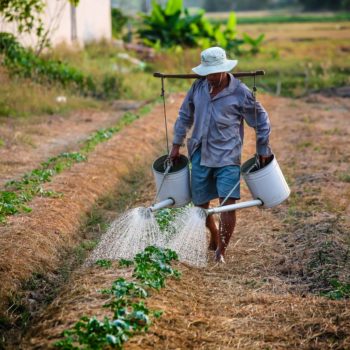
Glyphosate was awarded a five year licence renewal by the EU on November 27; now MEPs are insisting the herbicide be banned after 2022 which could lead to a major shift in agricultural processes.
29 November 2017
MEPs insist that glyphosate, a potentially carcinogenic substance be banned after 2022, after member states on November 27 granted a licence for use of the herbicide for the next five years.
18 countries had backed the proposal to allow use of the herbicide for the next five years, with nine voting against and one abstaining.
Glyphosate is the world’s most widely and heavily applied weed-killer; however there are long-standing concerns about how it might affect people’s health.
Glyphosate came under scrutiny after the World Health Organisation said the weed killer is “probably carcinogenic” but the EU Food Safety Watchdog has deemed glyphosate safe for public use.
In October 2017, MEPs demanded a full ban on glyphosate-based herbicides by December 2022 and immediate restrictions on the use of the substance.
In 2016 the European Commission originally proposed to reauthorise the use of glyphosate for the next 15 years. Due to the reluctance of some countries, it was forced to reduce this period first to ten years and then to five in order to find the required majority of member states to support the herbicide’s renewal.
Czech S&D member Pavel Poc, one of the MEPs responsible for drafting the resolution calling for a ban, said: “I would like the Commission to look at the adverse effects of the compound which were not assessed until now.”
European campaign to ban glyphosates
MEPs’ concerns about glyphosates’ potential health impact are shared by many people all over Europe. A European citizens’ initiative collected 1.3 million signatures to ask for a ban glyphosate and protect people and the environment from toxic pesticides.
Parliament organised a hearing with them on November 20 to find out more about the initiative. Franziska Achterberg, representing the organisers of the initiative, told MEPs: “Glyphosate causes disastrous environmental impacts; it is designed to kill plants indiscriminately. It is the ultimate killer machine in the words of its producers.”
In March 2015, the International Agency for Research on Cancer (IARC) classified glyphosate as probably carcinogenic to humans, an assessment not shared by the European Food Safety Authority (EFSA) and the European Chemicals Agency (ECHA).
A number of MEPs asked the organisers of the citizens’ initiative why they did not have faith in the assessments by the EU agencies. Achterberg replied that their risk assessment relied heavily on industry-sponsored reviews.
How safe is glyphosate produced by Monsanto?
After Monsato was accused of ghost-writing research on the safety of its flagship herbicide, representatives from the company were invited to the Parliament to explain themselves in a hearing organised by environmental and agricultural committees on 11 October.
“Documents clearly show a history of deception by Monsanto”, said Carey Gillam, an investigative journalist from US Right to Know, a non-governmental organisation focusing on food system issues. “Trying to influence policymakers, the firm has also set up networks of US and EU scientist to push for glyphosate while appearing independent” she warned.
The company’s representatives declined to appear before MEPs, saying that the hearing was not “an appropriate forum” to address the issue. The Parliament President and the political group leaders then banned Monsanto lobbyists from Parliament.
Monsato had been forced to disclose papers, internal emails and documents in US courts investigating links between glyphosate and blood cancer. In June 2017 MEPs said these had shed doubt on the credibility of a number of studies sponsored by the company.
The studies were part of the evidence used by the European Food Safety Authority (EFSA) and the European Chemicals Agency (ECHA) to evaluate the safety of glyphosate.
In 2016 German pharmaceuticals and pesticides company Bayer offered to buy US-based Monsanto for $66 billion. The deal is now under scrutiny by the Commission’s competition lawyers. The merger would create the world’s largest pesticides and seeds group in what is already a very concentrated industry.
Quick Facts
Glyphosate is an active substance widely used in herbicides. Patented in the early 1970s, it was introduced to the consumer market in 1974 as a broad-spectrum herbicide and quickly became a best-seller. Since its patent expired in 2000, glyphosate has been marketed by various companies and several hundred plant protection products containing glyphosate are currently registered in Europe for use on crops.
Agriculture accounts for 76% of the use of glyphosate worldwide. It is also widely used in forestry, urban and garden applications. Its exposure is on the rise, owing to the increase in the total volume used.
People are exposed to glyphosate primarily by living near sprayed areas, through home use, and through diet. Glyphosate residues have been detected in water, soil, food and drinks and non-comestible goods, as well as in the human body.



 Print
Print
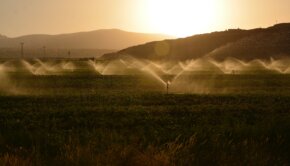

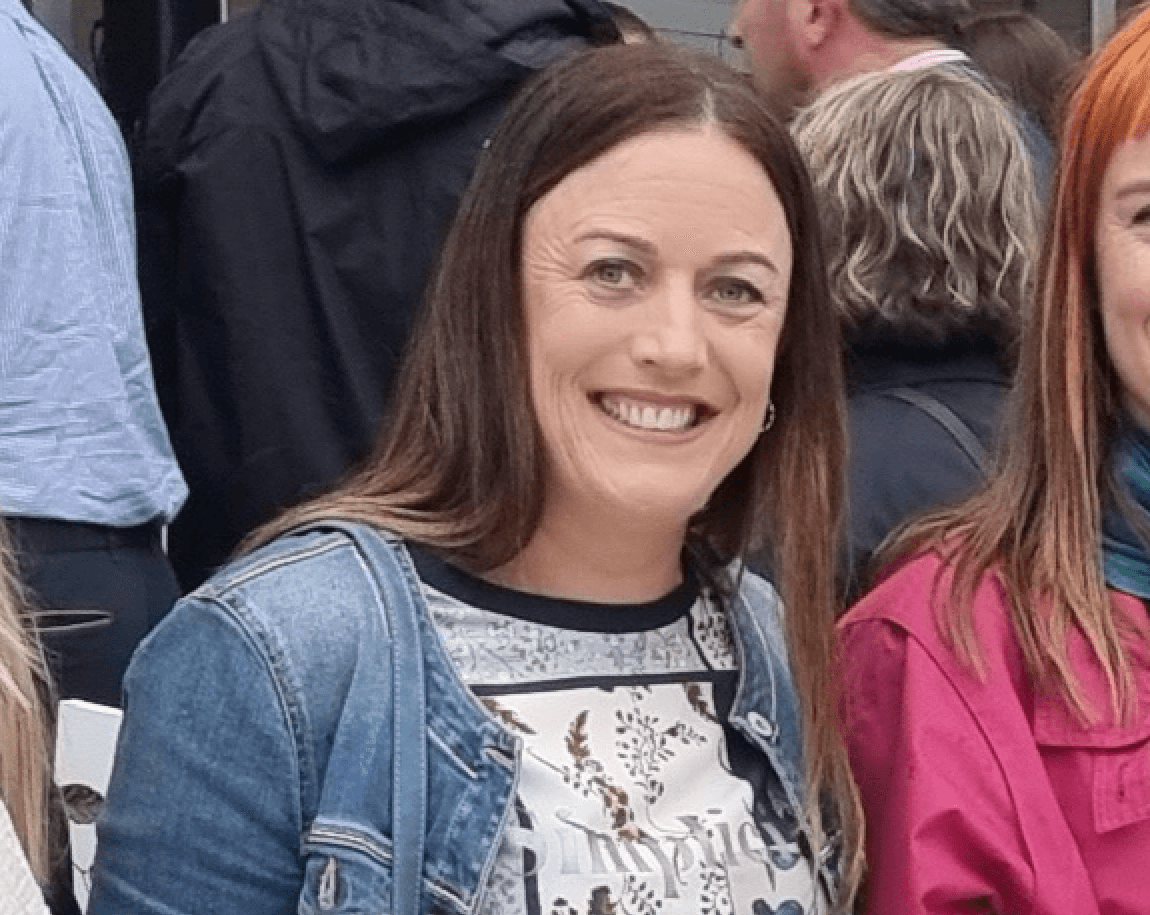

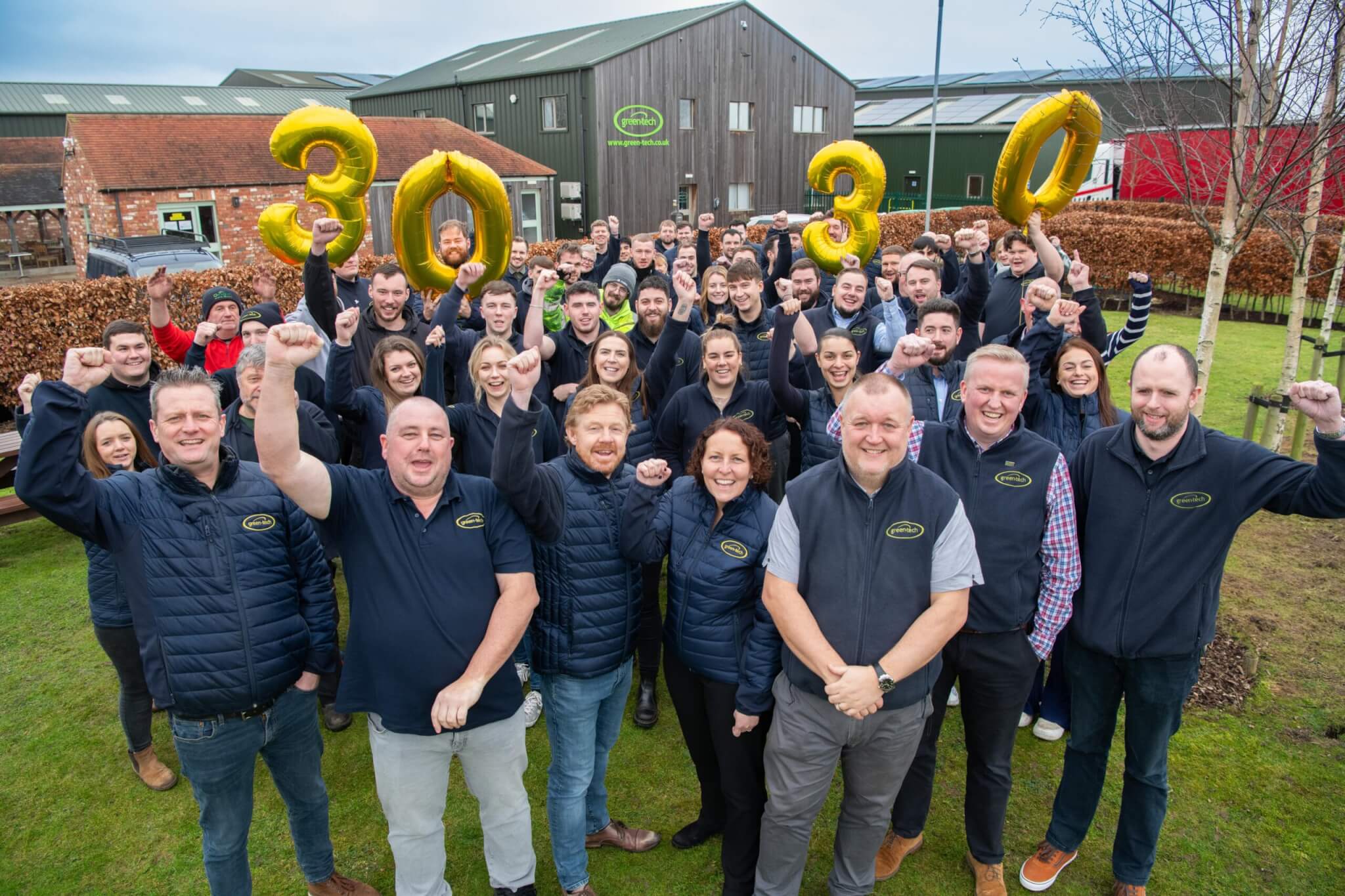
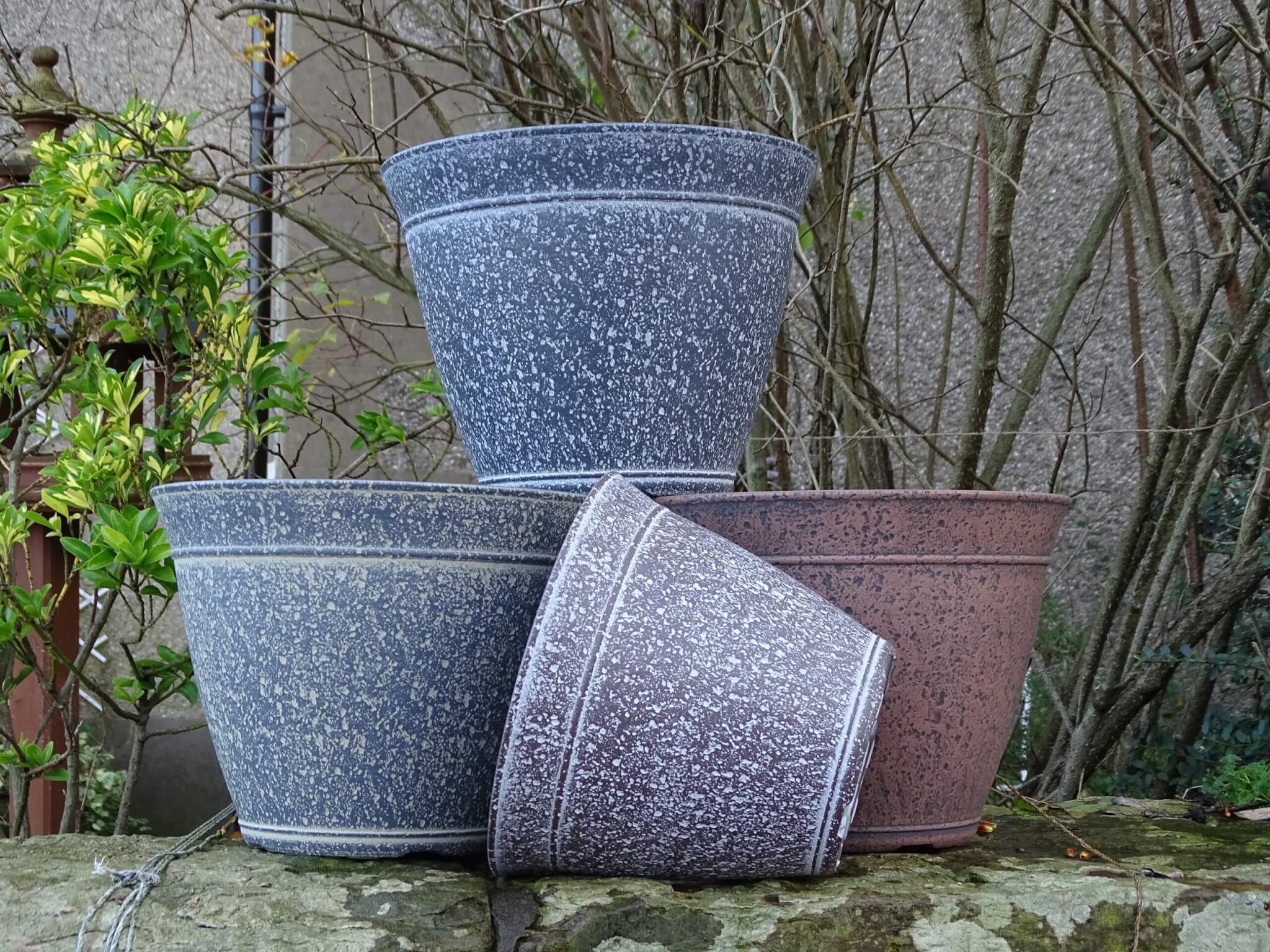
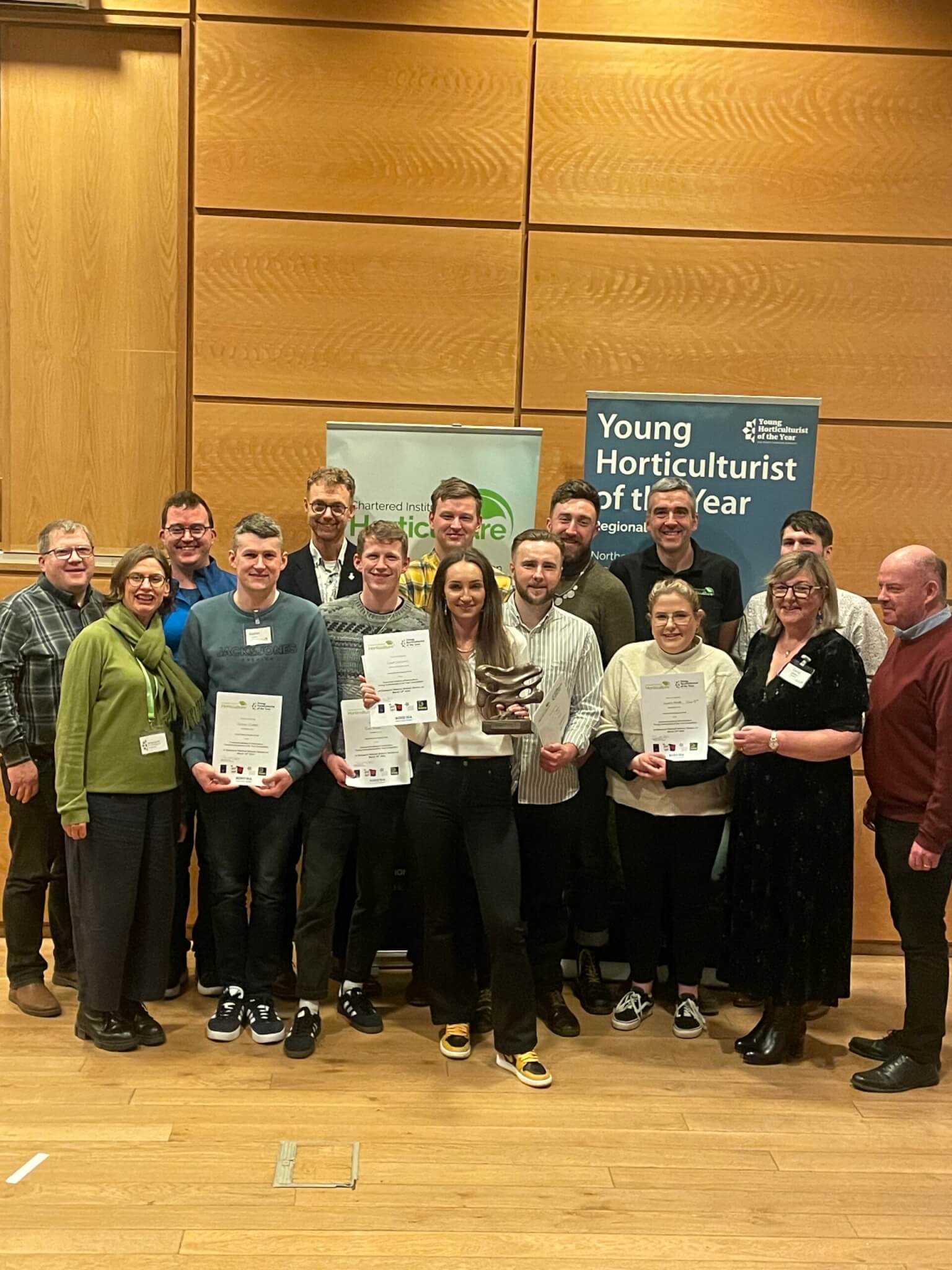

Fans 0
Followers